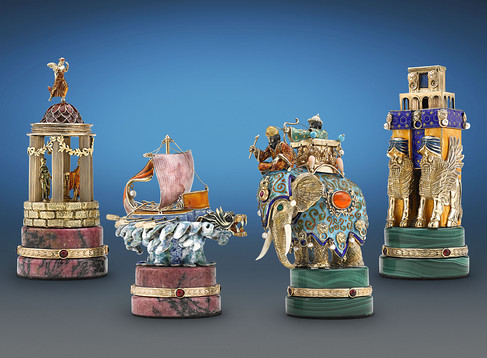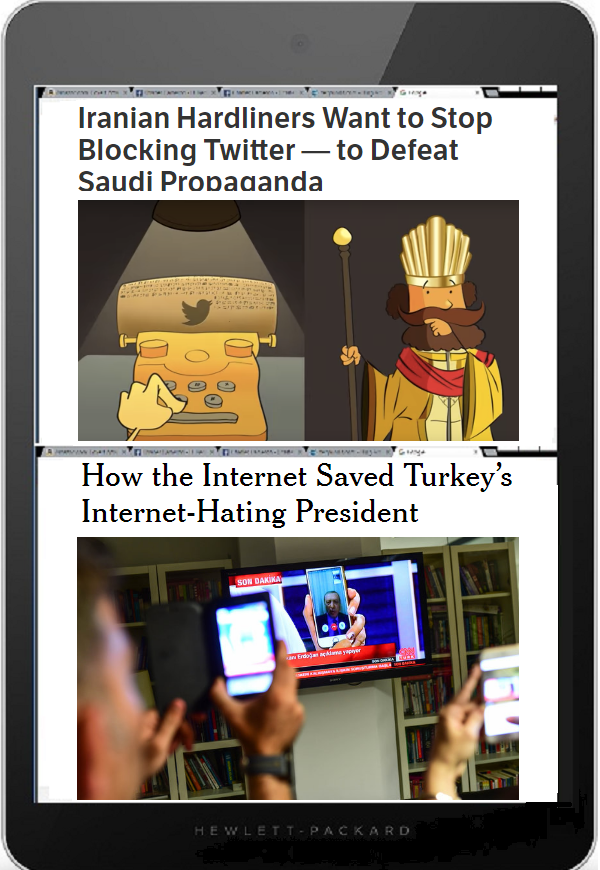[ by Charles Cameron — first of four posts on the poet Jalal al-Din Rumi, hugely popular, perhaps soon to be the pivot of a blockbuster movie ]
.
Rumi has been in the news recently and in Rumi Three I’ll say a bit about why. But first, in this post, Rumi One, I’ll say something about the poet and his poems — leaving his ineffable spiritual attainments ineffable, since if they’re anything, they’re ineffable — and in Rumi Two I’ll consider a current attack on Rumi and “Rumism” in Turkey, little observed in the western press, which may be of interest to the poet’s many followers here. Rumi Four will contain some recommended readings.
**
Let’s start with some praise of Rumi from Will McCants:
It’s a powerful poet who turns a scholar to the study of his language, the better to read him.
**
I’ve been reading Rumi at least since the first Arberry translations of his Mystical Poems came out in 1968, and in the mid-eighties between then and now had the delight and privilege of doing a joint poetry reading with his more recent translator / popularizer, Coleman Barks, at Lake Tahoe.
I’m in no way surprised — but yes, delighted — that a scholar of McCants’ stature should appreciate Rumi so warmly, and envious of his ability to read the Divan, the Masnavi, the Discourses in the original. Did not the great poet Jami write of Rumi’s Masnavi that it is “the Qur’an in the Persian tongue”?
**
Here’s the poem with which Chicago University Press introduces Arberry’s Mystical Poems of Rumi:
My verse resembles the bread of Egypt—night passes over it, and you cannot eat it any more.
Devour it the moment it is fresh, before the dust settles upon it.
Its place is the warm climate of the heart; in this world it dies of cold.
Like a fish it quivered for an instant on dry land, another moment and you see it is cold.
Even if you eat it imagining it is fresh, it is necessary to conjure up many images.
What you drink is really your own imagination; it is no old tale, my good man.
Set beside this, another comment of Rumi’s, considering his poetry:
I am affectionate to such a degree that when these friends come to me, for fear that they may be wearied I speak poetry so that they may be occupied with that. Otherwise, what have I to do with poetry? By Allah, I care nothing for poetry, and there is nothing worse in my eyes than that. It has become incumbent upon me, as when a man plunges his hands into tripe and washes it out for the sake of a guest’s appetite, because the guest’s appetite is for tripe.
The secular mind may think of that second quote as something of a pose, imagining the poetry of a great poet to be the poet’s own primary concern — but the poems of Rumi themselves, like the poems of St John of the Cross, speak of a love of the divine of which the poetry itself can be but an offshoot, a byproduct.
**
There are none so happy, I would suggest, as those who keep company with the lovers of the divine beloved, and it is that companionship that I see depicted in the poem of Rumi’s I most treasure:
Little by little the drunkards congregate, little by little the wine-worshippers arrive.
The heart-cherishers coquettishly come along the way, the rosy-cheeked ones are arriving from the garden.
Little by little from the world of being and not-being the not-beings have departed and the beings are arriving.
All with skirts full of gold as a mine are arriving for the sake of the destitute.
The lean and sick from the pasturage of love are arriving fat and hale.
The souls of the pure ones like the rays of the sun are arriving from such a height to the lowly ones.
Blessed is that garden, where, for the sake of the Mary’s, new fruits are arriving even in winter.
Their origin is grace, and their return is grace; even from the garden to the garden they are coming.
Indeed, that grace, that garden is woven throughout Rumi’s poetry:
The springtide of lovers has come, that this dust bowl may become a garden; the proclamation of heaven has come, that the bird of the soul may rise in flight.
And where is that garden, when is that springtide of lovers?
Alfred North Whitehead was thinking of education as a stepped-down version of that same garden when he wrote:
The present contains all that there is. It is holy ground; for it is the past, and it is the future. … The communion of saints is a great and inspiring assemblage, but it has only one possible hall of meeting, and that is, the present, and the mere lapse of time through which any particular group of saints must travel to reach that meeting-place, makes very little difference.




